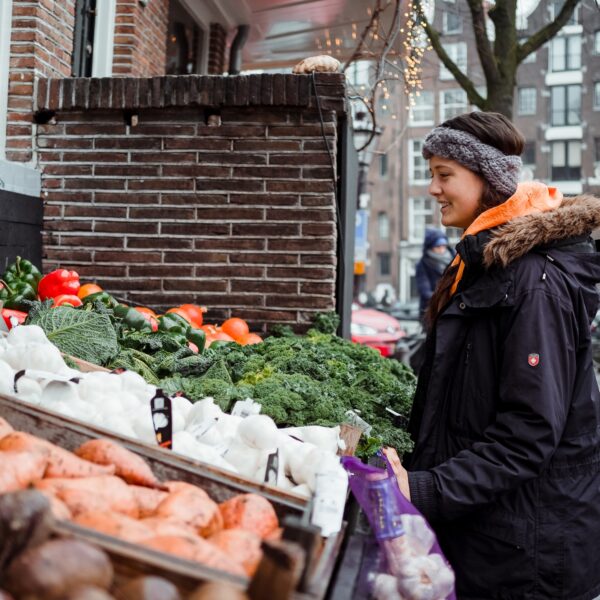Famed for helping our bodies absorb calcium, and so playing a big role in preventing rickets occurring in children and osteomalacia and osteoporosis in adults (all of which cause our bones to become fragile), Vitamin D is truly one of the most essential of vitamins. It’s also, of course, heavily associated with sunlight; given the sun’s rays are one of its major sources.
Vitamin D and breast cancer
However, something that’s less celebrated about Vitamin D is its connection to breast cancer in women – or, more specifically, the ever growing evidence that it can play an important preventative role in this particular form of cancer. A sizeable amount of recent research suggests women with low levels of vitamin D may be at higher risk of developing breast cancer than those with higher levels, as the vitamin could well play a role in ‘normalising’ breast cancer cells1.
How does it do this? Well, it’s thought that receptors located on the surface of breast tissue join with Vitamin D, causing cancer cells to stop growing and eventually die. Indeed, one study in particular suggests that breast cancer deaths are higher in locations deprived of sunlight in winter months – moreover, women subjects exposed to high vitamin D levels enjoyed significantly lower risks of breast cancer, while women with the lowest vitamin D levels were at risk of developing the disease as much as five times more than those consuming the highest levels2.
Vitamin D sources
The most widely known source for the vitamin is, of course, from the sun. It’s commonly held that, in the main, most people require around 15 minutes in direct sunlight, three times a week, to get their acceptable Vitamin D fix – however, those of darker skin tones will likely need more than those whose skin is lighter. Getting out and exercising in the sun is something we should all aspire to do.
The trouble with relying on sunlight for your Vitamin D intake, though, is that anyone and everyone can spend too long in the sun – especially when it’s strong on sunny, hot Summer days. While it’s highly unlikely you’ll overdose on Vitamin D, it’s extremely well appreciated that you might contract skin cancer from overexposure to sunlight. It’s even more difficult to get our fix of Vitamin D from sunlight as we head into the Winter months in the UK, and we all spend more time indoors.
What’s the answer then? Well, there are other sources you can rely on for Vitamin D – a major alternative being diet. The following foods are all good for your body, not least because they’re particularly rich in the vitamin:
- Milk (fortified with Vitamin D)1
- Non-dairy milk (fortified with Vitamin D) 1
- Yoghurt (fortified with Vitamin D)1
- Sardines1
- Salmon1
- Mackerel1
- Oysters1
- Cod liver oil1
Vitamin D supplementation
Whichever source you get your intake from, it’s important to note you should probably be getting more than you assume you need – in fact, studies suggest many people are Vitamin D deficient because they should be getting as much as 7,000-8,000 IUs of the nutrient on a daily basis3. If this sounds a lot – even too much – then consider you truly have to take a huge amount of Vitamin D daily (in excess of 10,000 IUs) for any sort of toxic side-effects and, to be honest, such instances of this are very rare.
The reality then is that increasing the amount of Vitamin D in your body looks to be linked to decreasing your risk of developing breast cancer (as well as other forms of cancer) – studies have shown that moderate supplementation may help reduce cancer rates too1. In which case, why not consider one of these Vitamin D supplements available through The Finchley Clinic?
- Suntrex D3 (1floz/ 30ml) – a premium-quality Vitamin D3 nutritional product derived by extracting oil from hearty, nutrient-dense lichen plants; every batch of which is analysed to verify its purity and D3 content
- Vitamin D 500iu (120 or 60 capsules) – Vitamin D3 (cholecalciferol) is the most bio-available form of Vitamin D.




Like this article? Share with your friends!